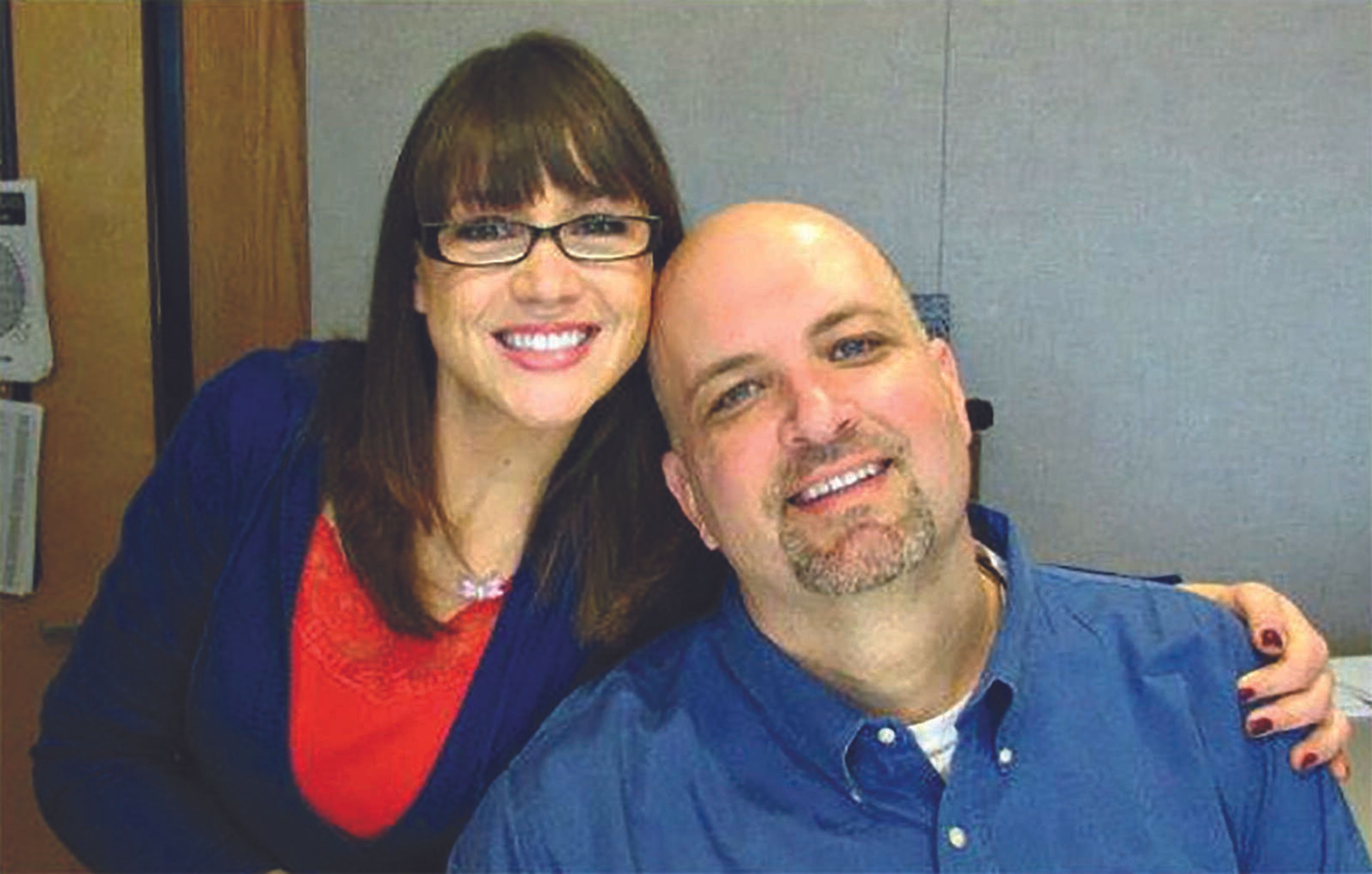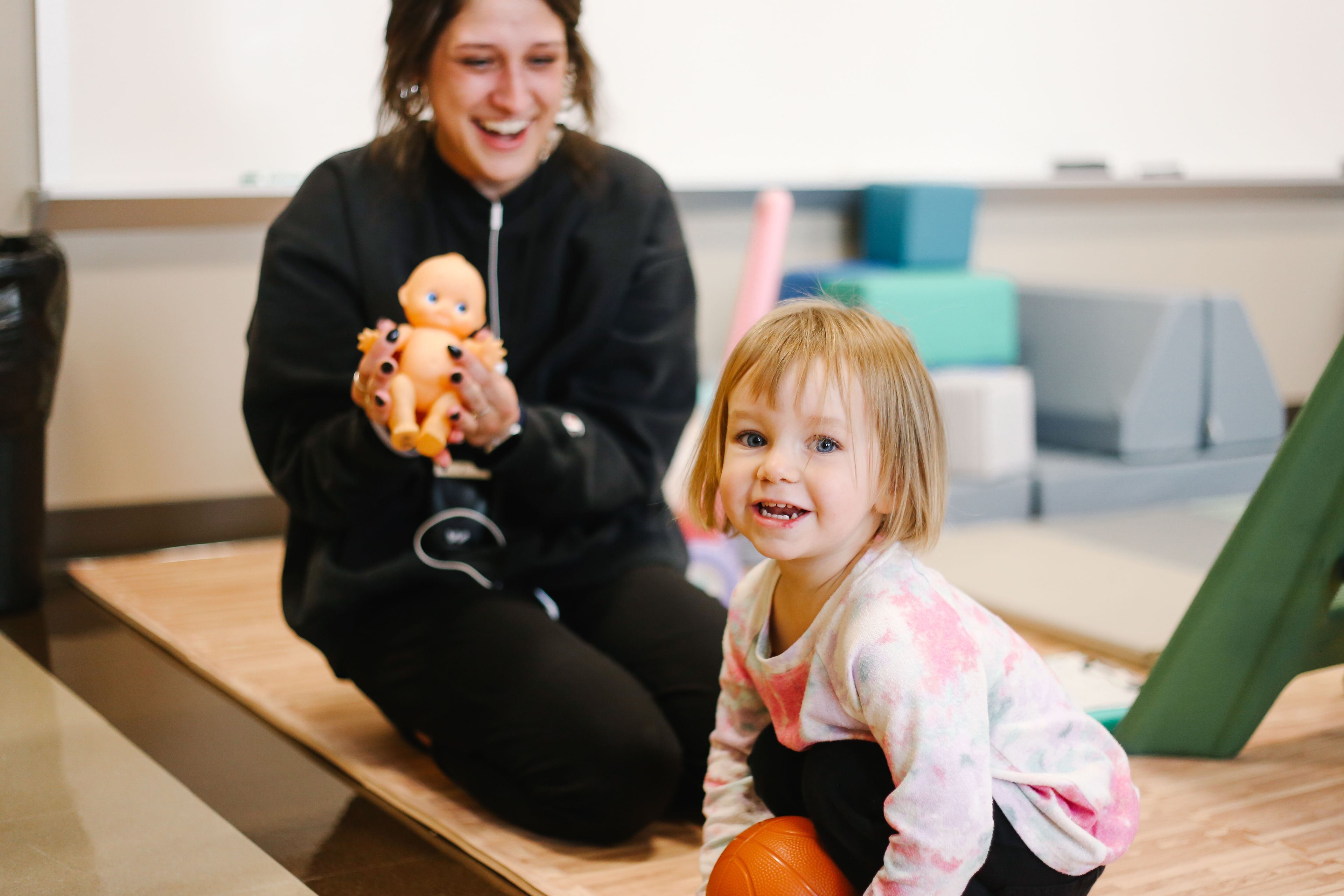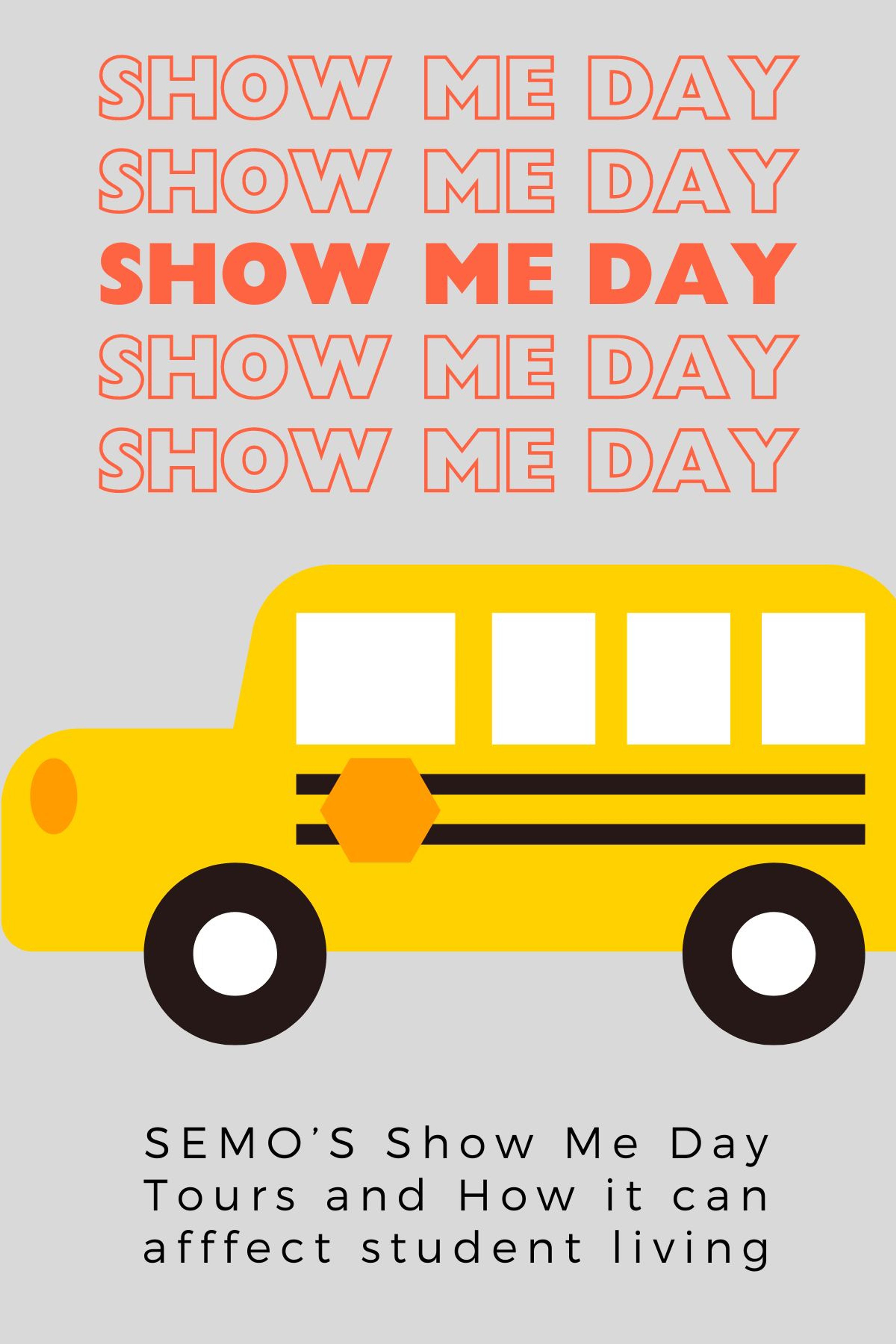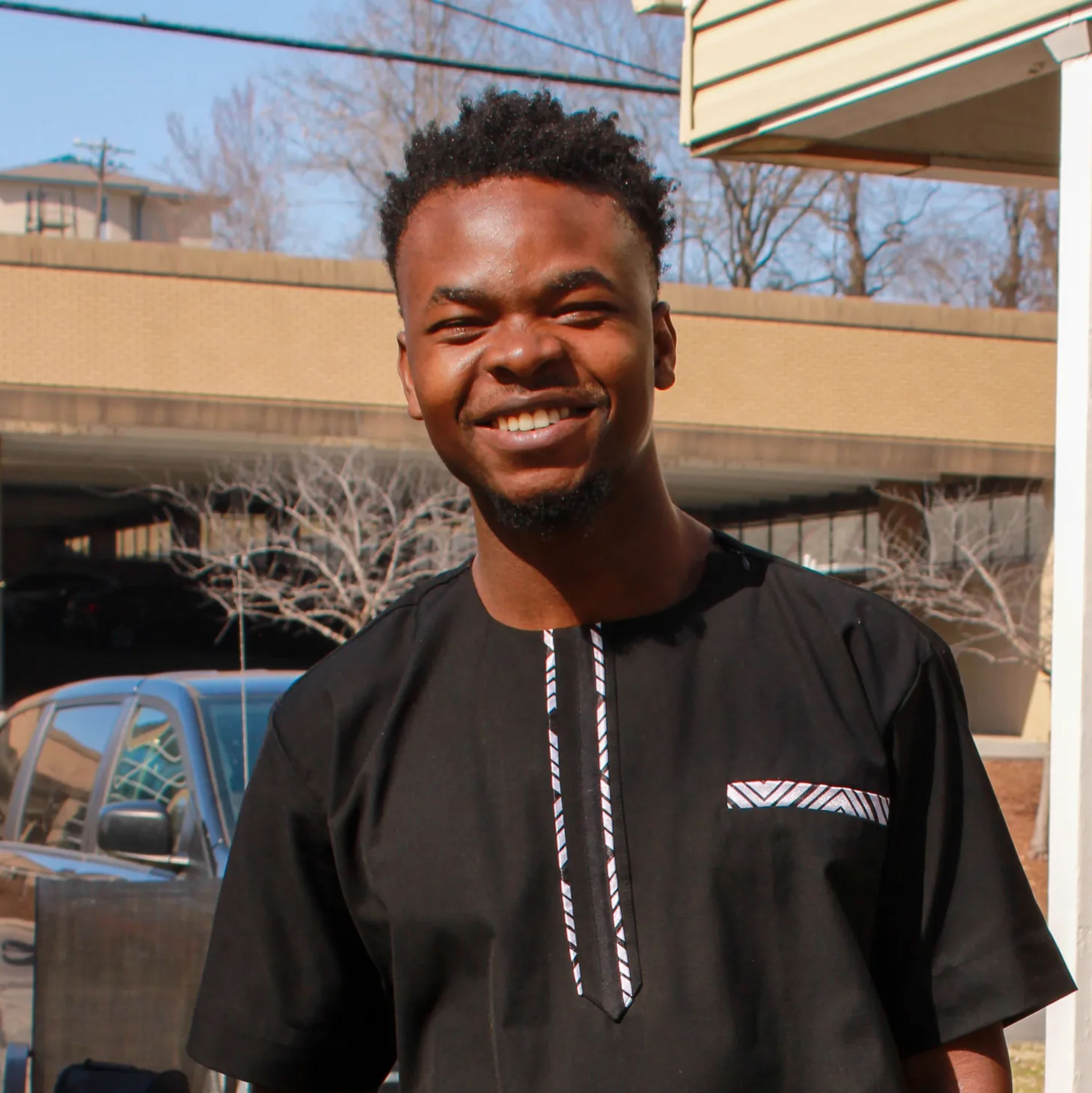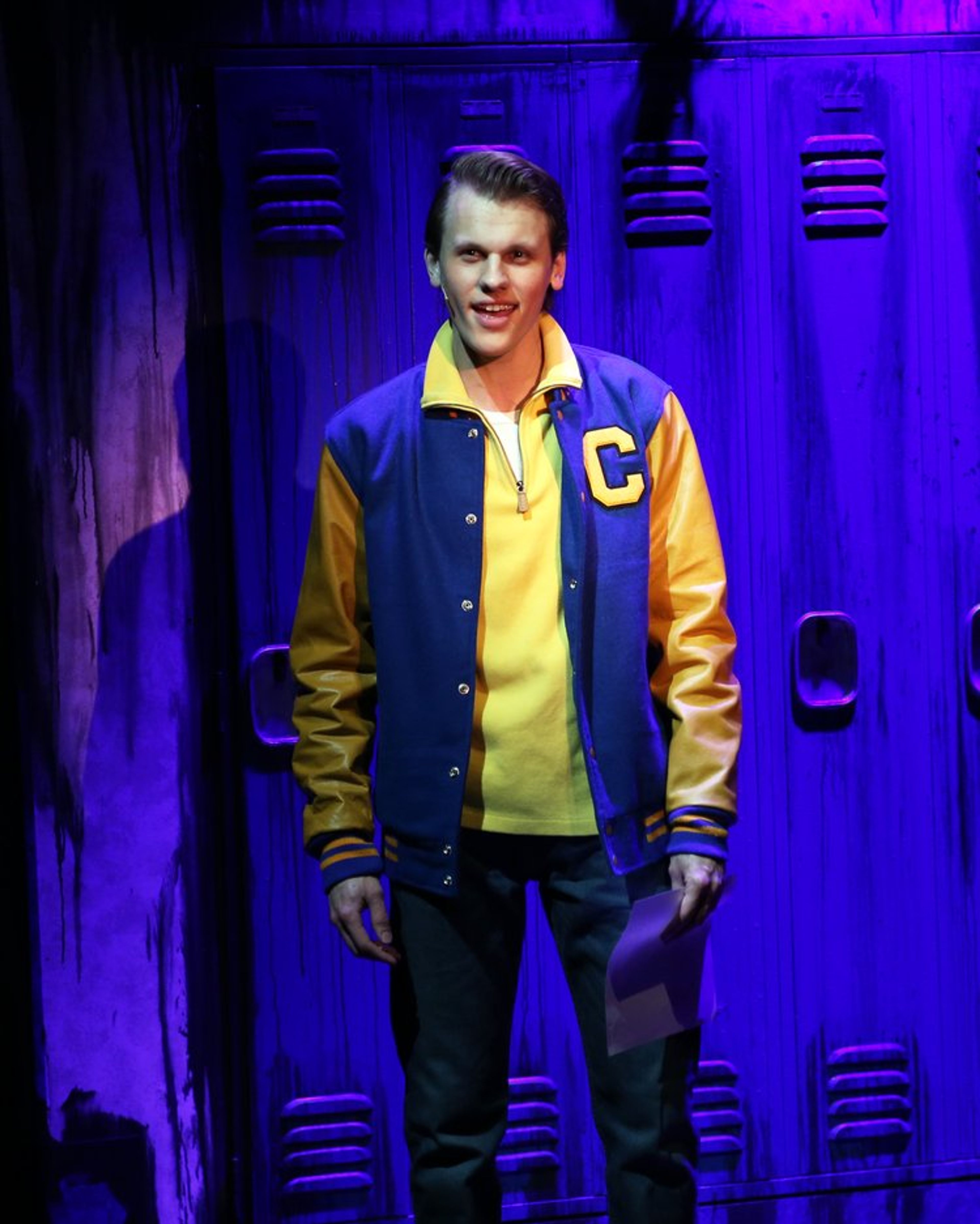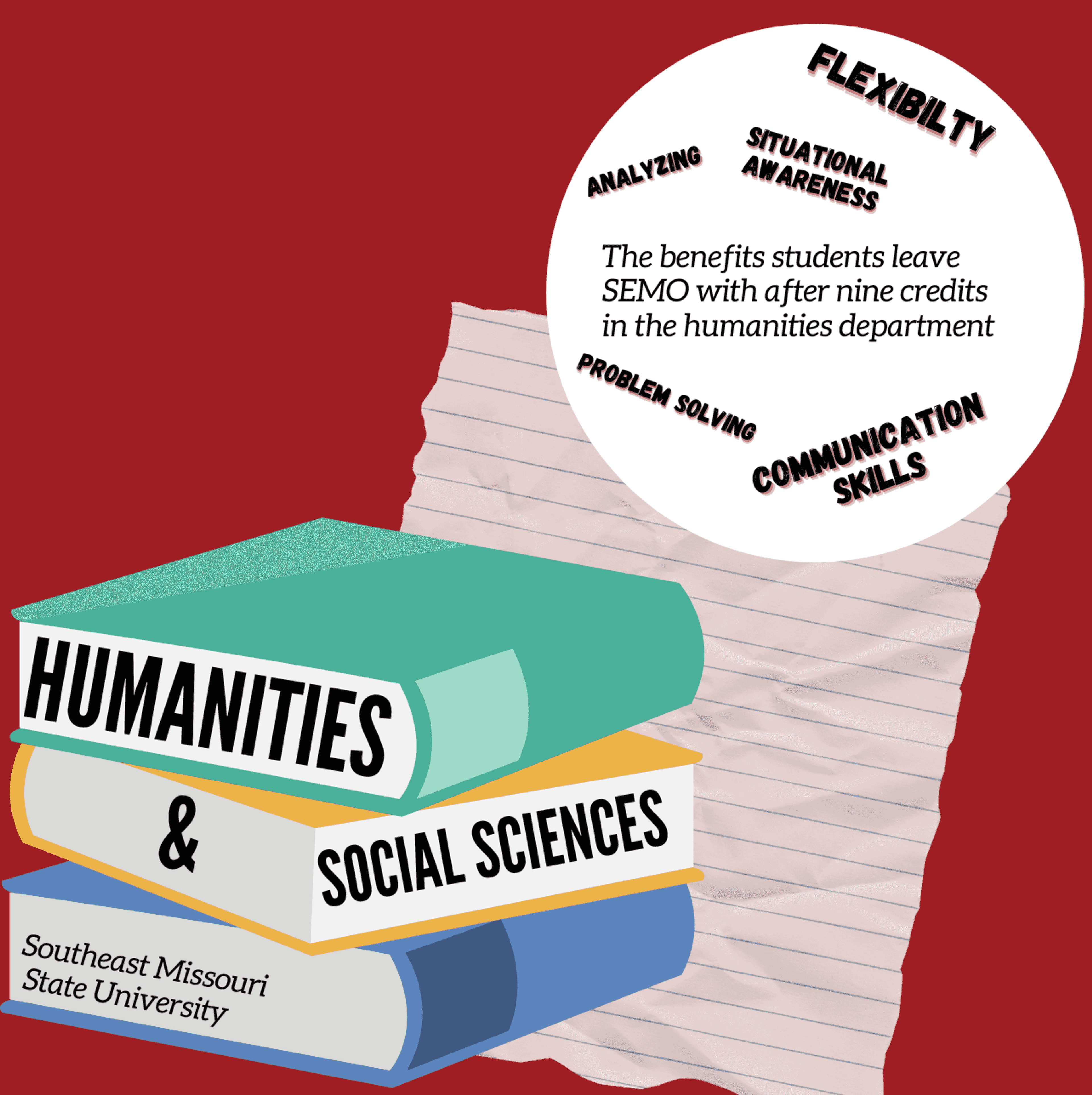Southeast alumnus Scott Cox nominated third time for ACM Award
Southeast Missouri State alumnus Scott Cox has recently been nominated for an Academy of Country Music Award for his morning radio show, "Scotty and Cara in the Morning," on Clear 99 in Columbia, Mo.
Southeast Missouri State alumnus Scott Cox has recently been nominated for an Academy of Country Music Award for his morning radio show, "Scotty and Cara in the Morning," on Clear 99 in Columbia, Mo.. Cox has been nominated for this award in the past with previous partners and won several other awards with those partners. Cox's morning show has been nominated for two Country Music Association Awards in the past and won once in 2011 for "Personality of the Year" in the small radio market.
Q: What degree did you graduate from Southeast with?
I graduated in 1991 with a major in mass communications with an emphasis in radio and television. My minor was in marketing.
Q: How did Southeast prepare you for your career?
It was interesting because I had my first radio job in high school, so I was already getting real-world radio experience. I think going to the classes, the things taught at SEMO, gave me some of the technical things that I wouldn't have learned or at that point hadn't gotten to in my real job. Stuff like how radio works, how transmitters work and some of the more technical engineering side of it is something I think I got a lot out of at SEMO. I came in right as the radio began to shift. KRCU had been on the air for a long time and it was student-run. I got there as the shift towards more NPR stuff came in, which I thought was pretty cool. It brought in a kind of structure. Dr. [Bruce] Mims brought the aspect that radio does have the fun, creative side, but there is a business side of it, too, that you have to keep in mind.
Q: Did you have any internships around here that helped you get to where you are now?
I didn't have any official internships because I had the job already. A lot of times I would just fill in on KRCU in the summer whenever they were trying to decide if they had enough students to keep the radio station going. KRCU gave me a taste of radio. It showed me that there are other sides of radio and not everyone wants the same thing on the radio.
Q: What radio stations have you worked at?
I worked at KGMO for three years. Then I went to work for the Zimmers. I've been with the Zimmers ever since then, so I have been with them for around 25 years. I've followed the Zimmers to Poplar Bluff and then I went to Carbondale. I have worked in four markets.
Q: How many awards have you been nominated for and won?
My first partner and I in Columbia were nominated for the Academy of Country Music award twice but we never won it. My next partner, Carissa, and I got nominated for that one two or three times and also never won it. My partner, Cara, and I are being nominated for an ACM award this year. The CMAs, Carissa and I were nominated twice and we won one year. It was kind of cool because the station also won a CMA for station of the year that year. Carissa and I won the Marconi Award a couple of years ago, which is a pretty big deal, I guess. The people I work with call it the 'Oscars of Radio,' but it's not really because not a whole lot of people know about it. It's probably the biggest award in the radio profession. We've won a bunch of state awards, too.
Q: How does it feel to win a CMA award and now be nominated for an ACM award?
It's cool. Winning the CMA award is very show-busy, glamorous. We got to sit on the fourth row of a major award show that was televised. You're close enough that when the camera pans, we got on TV a couple of times. It's very nice. When we got nominated for the ACMs a couple weeks ago, it's cool on one hand because it's the first time I've done it with this partner. At the same time I sometimes feel almost guilty because there are so many people in my building that work just as hard as I do.
We're lucky in the country music field to get a couple extra opportunities to get recognition like this. We have other morning shows in our building on our rock station, our news talk station and on our CHR [Contemporary Hit Radio] station that do the same things we do. They make the same connections we do, they help advertisers, help listeners, but because we're in country, we have the opportunities to be nominated. Sometimes I feel a little bad because there are a whole lot of people that do what we do and we get the attention for it when they don't have the opportunity. We are grateful and we'll take it, but we don't want to look too much into it is basically what I am saying.
Q: What are your hopes for your show in the future?
More money and less hours. No, what I have to focus on these days is having to keep up because the radio dial is littered with guys my age or older that are still trying to do the same show they tried to do in the 80's or 90's. Everything has to be younger. I've got to be a 46-year-old guy that doesn't sound 46 or at least be conscious of what is happening in the world with social media. There is something profound here. Radio was what it was for so long and I guess it's always been like this, but you have to find out what the next big trend is.
The way it used to be is that you would find out what that trend would be and then study it, learn it and get good at it. Things move so fast now that if you do that, you're behind again. It's like all we're looking at these days is looking for the next trend. We don't have the time to learn that trend and figure out how to use that trend to help the listeners because we're looking for the next one already.
Q: What advice would you give a student who is studying radio now?
I don't know how you train for this but being able to identify those trends that I was talking about is huge. You've got to realize that radio is not like it was. Not only is it not like it was when I started, but it's not like it was five years ago.
You're not going to be able to just focus on your morning show. You're going to be writing, producing, imaging, social media, web development, promotions and sales. You're going to have to do a handful of things. What I would hope does not get lost is realizing how important those connections are that I talked about early. My biggest fear is that a listener will walk into the cell phone store or the car dealership or wherever and the on-air person is so buried in their phone trying to get the Instagram picture just right that they miss an opportunity for those one-on-one connections that are going to be deeper than the Instagram. You have to find the balance between the two.
